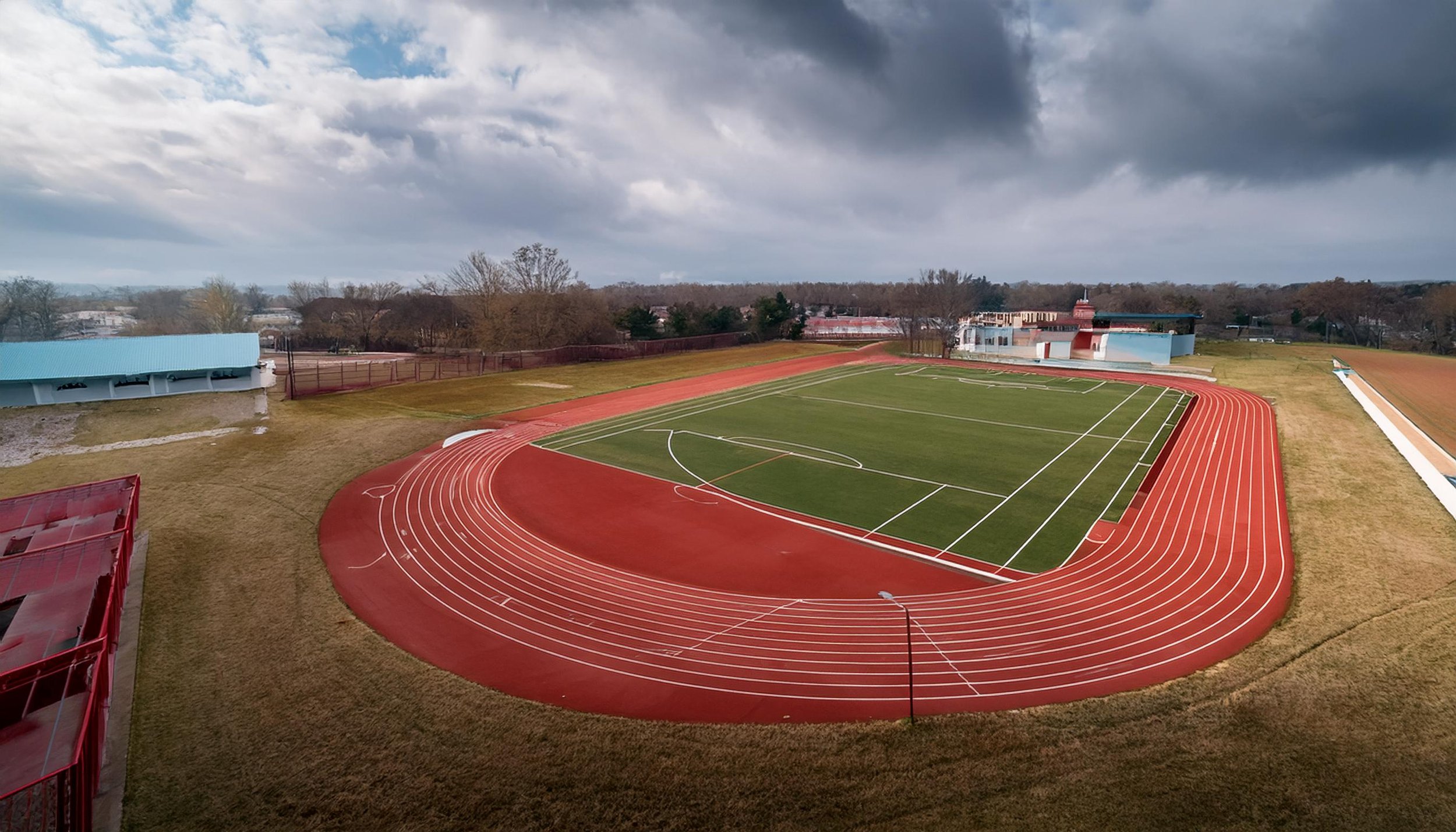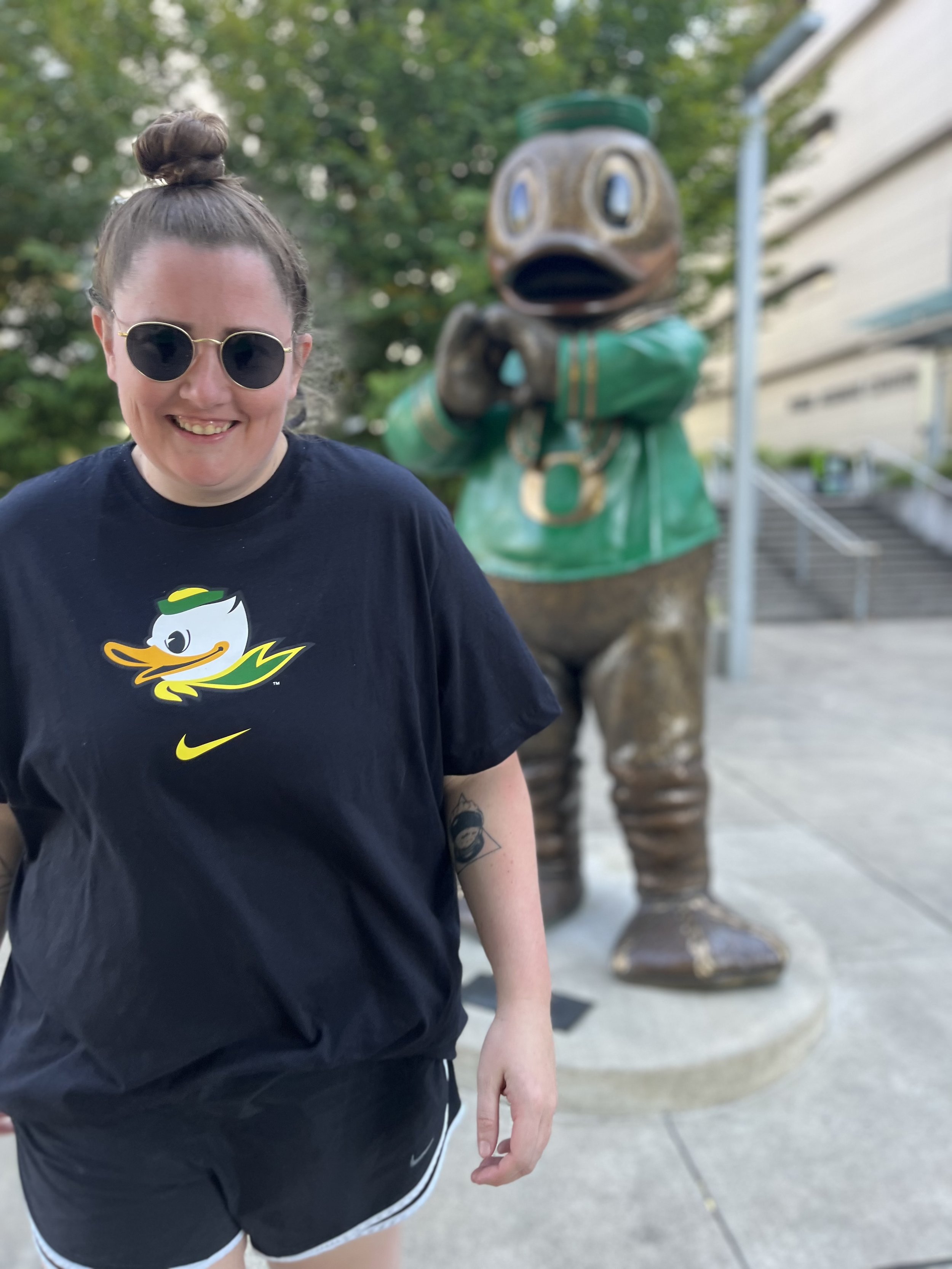My Beloved FBC Family,
As we walk through this sacred Holy Week, my heart is deeply intertwined with yours. I carry a profound ache within me, mirroring the anxieties and griefs I know many of you carry. The state of our nation and its reverberations across the globe weigh heavily on our collective spirit.
I am acutely aware of the concerns that ripple through our congregation, concerns that echo my own. The uncertainty surrounding jobs, livelihoods and retirement plans casts a long shadow. The fear for our neighbors, for our Black and Brown siblings, for the lives of immigrants, for our LGBTQ+ family, and for our poor and marginalized communities is palpable.
We witness with dismay the disregard for due process, the pain of unlawful deportations, the chilling effect on free speech, and the erosion of the very principles of law we have cherished. The silence and capitulation of those who know better amplify our feelings of helplessness.
And perhaps most heartbreaking of all is the daily grief of witnessing millions who profess the name of Christ actively celebrating these developments, a stark contradiction to the very essence of the gospel we embrace. This dissonance can leave us feeling isolated, helpless and afraid.
In the face of such heavy realities, it is easy to feel overwhelmed, lost in a sea of anxiety and despair. And yet…it is precisely in this darkness, in this profound sense of human frailty and societal brokenness, that the unwavering light of Holy Week shines most brightly.
For this week reminds us that even Jesus, the Christ, walked through the valley of the shadow of death, experiencing betrayal, abandonment, injustice, and the crushing weight of the world’s sin. Jesus knew fear, sorrow, and the agonizing silence of those who should have stood by him.
But thank God, the story doesn’t end there. The darkness of Good Friday gives way to the radiance of Easter Sunday. The tomb, meant to be the final word, becomes the beautiful testament to the unfailing, unshakable love of God. The resurrection of Jesus Christ is a living, breathing promise that death does not have the final say. Injustice does not have the final say. Fear does not have the final say.
This Holy Week, let us all draw closer to the heart of Jesus. Let us lament the brokenness we see, both within ourselves and in the world around us. Let us acknowledge our fears and our feelings of helplessness.
And…let us also cling fiercely to the unwavering truth of God’s love, a love that conquered death itself. And let us open ourselves to the tender, transforming presence of Holy Spirit, who empowers us to be instruments of God’s peace, agents of God’s justice, and channels of God’s love in a world desperately in need of these.
Friends, may this Holy Week be a time of both honest reflection and profound renewal for each of you. Know that you are deeply loved, and that we walk this journey together, held in the embrace of a God whose love never fails.
With deep love and gratitude for you,







































